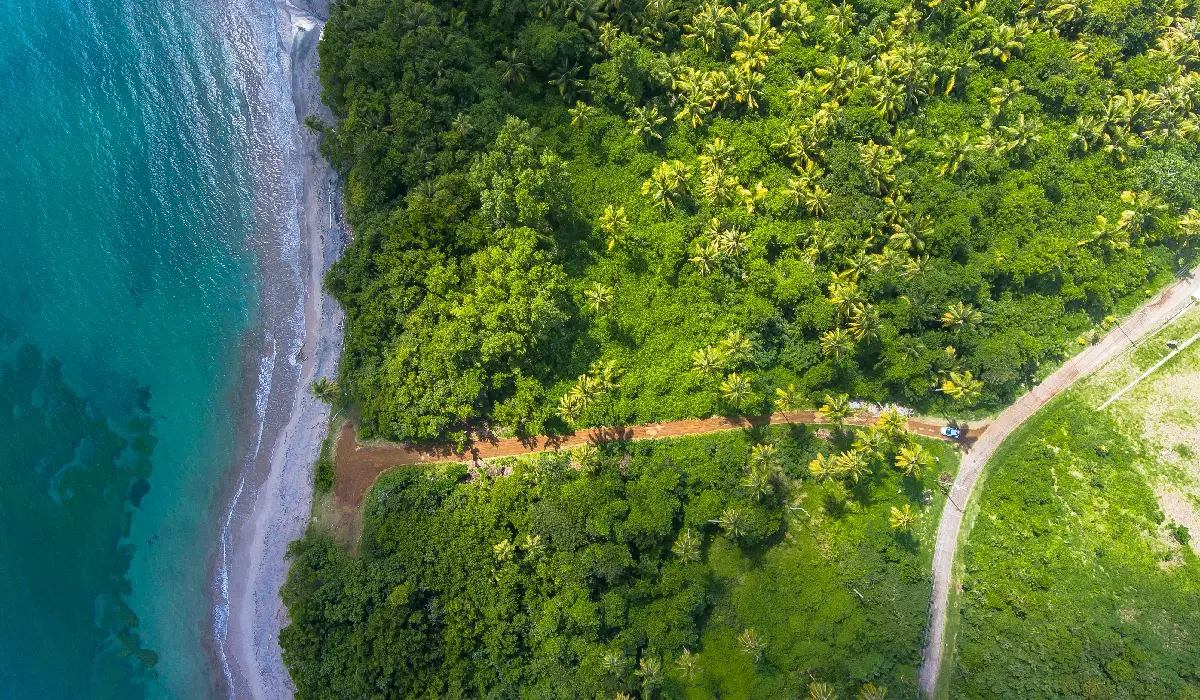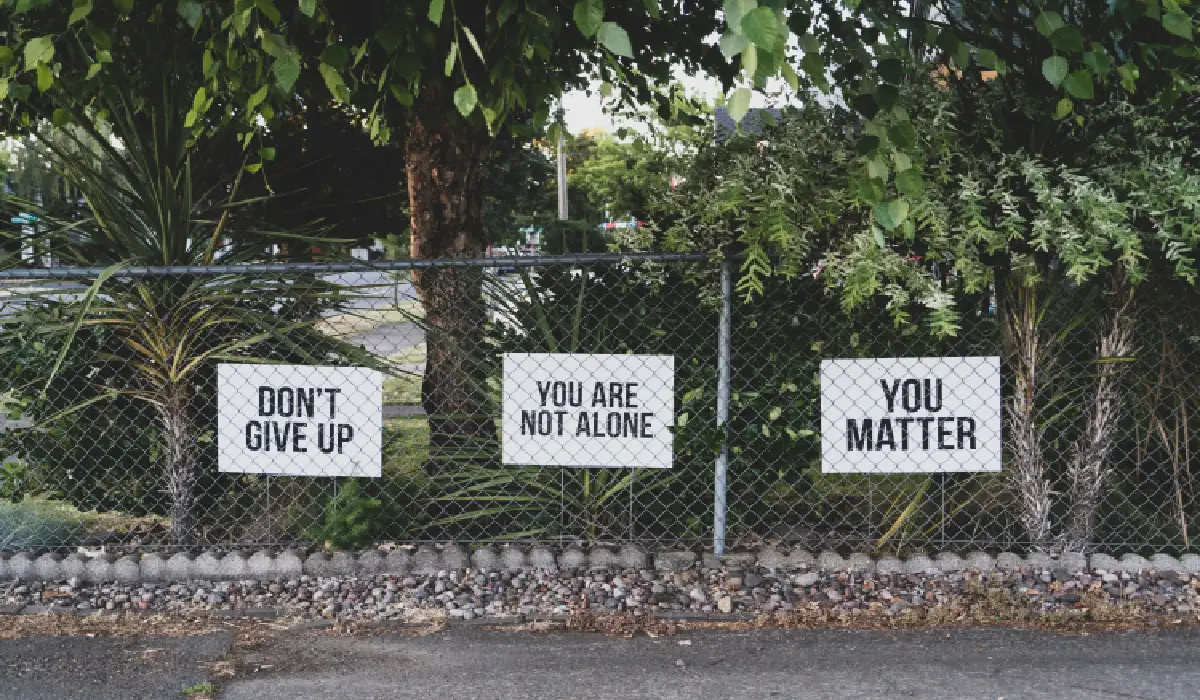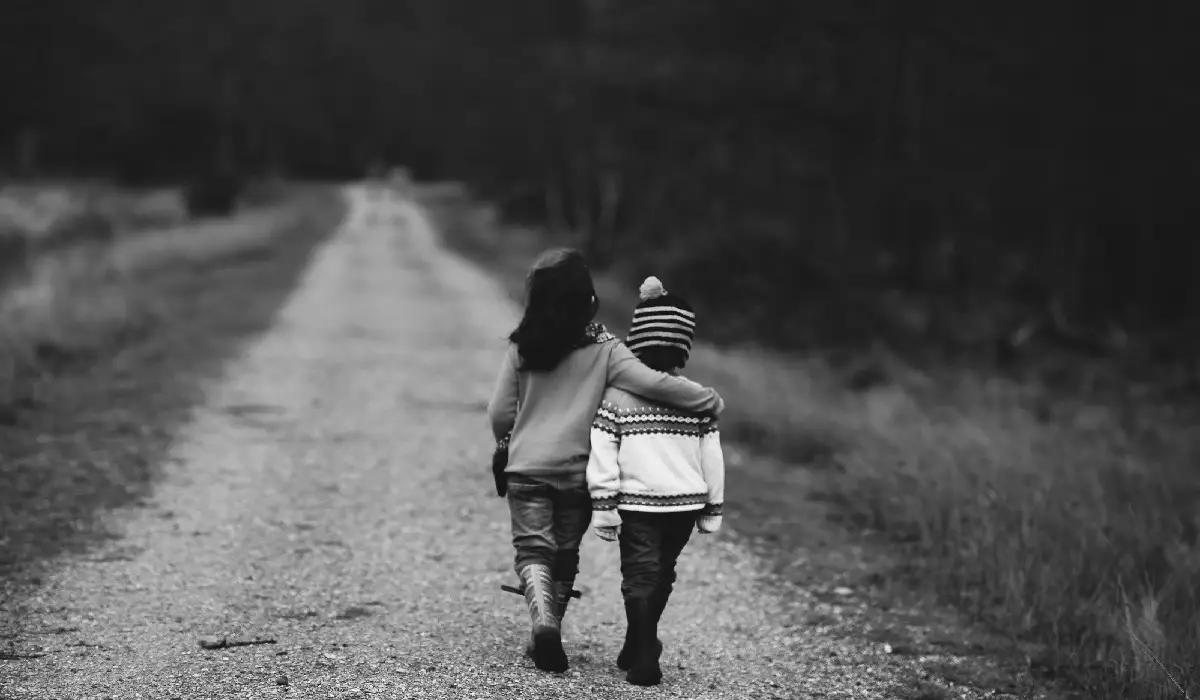
First of all, I would like to ask you to consider these as thoughts of a person who is afraid of being shut up in the digital world for the rest of her life. Earth is our home.
It has been too long. Don’t you agree? How long can we stay like this, padlocked in a digital world? It would be a polite lie if I am to say that many of us are enjoying our ‘self-care’ time. Deep inside most of us crave the same thing. The social – relations and connections, love and care.
Could self-care do any harm? But I can say that I am sick and tired of this ‘self-care time’. After all, we are all social animals. It would be awful if that label too is to be detached from us.
Long Story Short
- What is this pandemic trying to tell us?
- Everything is connected!
- What is next?
- Climate is changing!
- What if we don’t stop global warming?
- Is Carbon Footprint really a matter to think about?
- Upcycling – Upgrading Life
- How do we build a future in which both people and nature can flourish?
- Who are the inheritors of the Earth?
What is this pandemic trying to tell us?
Why are emerging infectious diseases on the rise? Is it a wake-up call?
Within a matter of months, since it first emerged in Wuhan, China, COVID-19 – has affected more than 10 million people and instigated over half a million deaths. This does not only include coronavirus, it is a long list of infectious diseases that have emerged in recent years. There is Ebola, MERS, SARS, cases of flu that originated in birds and pigs, West Nile Virus, Nipah virus, Zika virus, and many more.
Most of these diseases have emerged from animals, especially wild animals, and entered into people. Although the origin of the Covid-19 is still a question of ambiguity, most scientists believe that this too has emerged from bats via an intermediary animal. Yes, it is likely a zoonotic infection – one that spreads from animals to humans.
Blurring between the natural and the built environments is the main cause of the spreading of these infectious diseases. Human encroachment depraves animals of their habitat and shelter. They wander out into the world of humans. These isolated animals which may carry deadly viruses within them, which is not harmful to the host animals, may spread these viruses into humans. Thus the interaction with animals becomes the cause of these Zoonotic diseases.
So, what is it trying to tell us? Yes, it is warning us that the more pressure we apply to nature, the deeper the pit we are digging for ourselves.
Everything is connected!
This pandemic has shown us that environmental health and human health are intricately linked. Protection of the environment is inextricably linked with our quality of life and more primarily, our survival. Our policies and action must respect this link and only thus can we build back. Otherwise, we will be barred from the digital world for the rest of our lives.
What we need is a shift from Anthropocentrism to Biocentrism. Like the deep ecology of the philosopher, Arne Naess states, humans, can flourish only amidst the flourishing of life as a whole.
What is next?
If we continue to go with our current plans irrespective of what nature is trying to tell us, I am afraid that these infectious diseases would be more frequent in the coming years and we may not survive it. These will explain why so many lives have been taken by this pandemic.
Also, the current change in climate and the unpredictable natural catastrophes which have happened in many parts of the world only add to this statement. Somehow, this would trigger a foreshadowing attempt in many of our minds. Especially when a sixth mass extinction is predicted we couldn’t stop thinking about whether we are that species that is to be extinct next.
Climate is changing!
It is changing our lives. Climate has become unpredictable. From extreme melting events to extended dry droughts, from melting glaciers to rising seas, climate change means that we must change with the times. The best part is we all know the reason behind this phenomenon and yet we are incapable of stopping it from happening.
Global warming is increasing and climate is changing our world. What are we doing about it?
What if we don’t stop global warming?
Of course, we would be writing a requiem for Earth. To halt this process we should get into the core.
With the jolt of industry in the 1700s, humans began emitting more fossil fuels from coal, oil, and gas, which contain greenhouse gases, to run our cars, trucks, and factories. There is more CO2 within the atmosphere today than within the last 800,000 years. Worldwide carbon emission statics show that the developed countries are largely the guilty ones behind this. It is also evident that the countries like Qatar which produce a large amount of oil, are the ones which are the real cause.
Is Carbon Footprint really a matter to think about?
A carbon footprint is a measure of CO2 emissions that result from various activities of an individual during a given time period. It is the total amount of carbon dioxide that your lifestyle produces. Just like an actual footprint, it is a mark you leave in upon the environment with every action that releases “Carbons”.
If you want to count the amount of carbon footprints you are leaving behind, you’ll have to start by calculating how much greenhouse gases you are producing. The direct and visible impact is when we use energy to travel or to power our house, and there is an indirect impact when energy is used to create all the things we are using. In the developed world, transport is a big part of your carbon footprint. The solution for this is using solar or wind power, reducing red meat, as cows produce a lot of methane, etc.
It’s just about impossible to go away with no carbon footprint behind. Let’s just say that you are planning to plant a tree. Now, if you are going to buy a planter, I would say that you are contributing 82g of carbon footprint. How is that possible? Let me tell you. A planter emits approximately 82g of carbon through the power used to create it and the power used to transport it. This is the same as the carbon footprint a plastic bottle leaves behind.
So unless you live in a cave; you and everything you own has its own carbon footprint. Anyway, here, if you choose not to buy a planter and upcycle a plastic bottle into a planter, wouldn’t you be also part of reducing this whole ‘world-melting process?
This is where upcycling plays its role. Unlike recycling, which will certainly leave behind a carbon footprint by means of transportation and power used to recycle the products, upcycling is carbon-free and creative.
Upcycling – Upgrading Life
We all know what recycling means, and how vital it is when it comes to upkeeping of the environment and global warming. Then again, there is a new practice that can also assist in lowering our carbon emissions and lessen the tome of thrown-away materials and the waste being sent to landfills each year. It is called UPCYCLE.
Upcycling is to reuse a product giving it a new life after its lifecycle is finished. It is the creative reuse or renovating by-products, waste materials, useless, or unwanted products into new materials which are of better quality than it is supposed to be, such as artistic value or environmental value.
In Russia, the practice of upcycling is very common. It’s literally everywhere, in the parks with upcycled tiers turned into swans and upcycled tanks!
How do we build a future in which both people and nature can flourish?
To answer the biggest question of our times, we should start by understanding how we got to this point.
In the beginning, nature determined our survival. With the aid of our unique minds, we challenged that reality. We learned how to tame the wild, got more from the environment. Our population grew, as did our demands. Every time a new problem aroused, we solved it, altering the entire physique of the earth. Now we have changed the world so profoundly, scientists had decided that the earth has entered a new phase of its existence – welcome to the Anthropocene! The age of humans. The tables have turned. We now determine nature’s survival. The greatest menace of this age is that we are now out of balance, and unless we regain this, this will be the doom of everyone.
Our planet needs its wild spaces. Can we turn this situation around? Can we ‘re-wild’ the world? That would be a hectic process. What we could do is that we could start from our surroundings. With afforestation, reusing, recycling, and upcycling, we could begin to make a change in his world.
If we make these alterations, we will be on the road to becoming a species in equilibrium with nature once again. We will have taken a noteworthy journey from a million people struggling to not get extinct to several billion living lengthy and healthy lives on a stable planet able to afford all our requirements. Only at that point, the Anthropocene will truly be underway and we can proudly call it our planet.
Who are the inheritors of the Earth?
Anthropocentrism or human supremacy is the cultural conditioning into the belief that humans are superior to all other life forms and entitled to use them. The invisible belief system of the ‘human supremacy complex’ is that,
- The earth belongs to humanity.
- The planet is abundant of resources for the betterment of the people.
- Human beings are obviously superior to all other species.
These beliefs are invisible in the sense that they are rarely if ever, explicitly stated but they can be recognized as the underlying assumptions by which people act in the biosphere.
The key question which is asked by many and still many are asking – How are Humans Different from other species? (Yeah, ‘different’ with a capital D). Reason, language, morality, civilization, technology, free will, etc. are the proposed distinguishing attributes.
This difference makes humans the master of everything below him as well as placed him at the top of the hierarchy. Thus he becomes the superior who can exploit everything in the name of his/her/their ‘divine right’.
The impact of our species’ essence asserts that humans are greedy, selfish, and aggressive in nature. Or, that the human impact is an expression of a ‘Darwinian’ process. Human beings heading for a self-inflicted crash. Humanity’s uncontrolled expansionism, with time, let nature (supposedly) ‘red in tooth and claw’ take its inevitable course.
In a nutshell, if we are to form a change, we should start by altering our lifestyle. More upcycling, more afforestation, more and more “smarter cars” are some of the many things we want. Just as one man’s trash became another man’s treasure in the Tokyo Olympics as part of the Tokyo 2020 Medal Project and just like The Gandhi International (IGI) Airport in New Delhi become the first airport within the Asia-Pacific region to attain carbon neutral status, we should make every drop count. This is our home and we should build it back together.

Just as we need a healthy body, we also need a healthy mind to live our life. But, we seldom forget to maintain or nurture it.

Unless and until we unlearn and relearn the basics of healthy bonding, we will forever fail to satisfy our soul and fill the voids of our hearts.